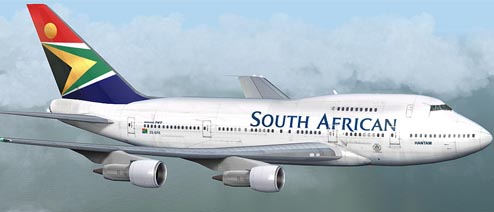Stamp: London (Hungary 1966)
London (Hungary 1966)
17 October (Hungary ) within release Airpost. Plane over Cities served by Hungarian Airways goes into circulation Stamp London face value 2 Hungarian forint
| Stamp London in catalogues | |
|---|---|
| Michel: | Mi: HU 2286B |
| Philatelia Hungarica Catalog: | PHu: HU 2331V |
Stamp is vertical format.
Also in the issue Airpost. Plane over Cities served by Hungarian Airways:
- Stamp - Helsinki face value 20;
- Stamp - Beirut face value 1;
- Stamp - Frankfurt face value 1.10;
- Stamp - Cairo face value 1.20;
- Stamp - Copenhagen face value 1.50;
- Stamp - London face value 2;
- Stamp - Moscow face value 2.50;
- Stamp - Paris face value 3;
- Stamp - Prague face value 4;
- Stamp - Rome face value 5;
- Stamp - Athens face value 50;
- Stamp - Beirut face value 1;
- Stamp - Cairo face value 1.20;
- Stamp - Copenhagen face value 1.50;
- Stamp - Frankfurt face value 1.10;
- Stamp - Helsinki face value 20;
- Stamp - London face value 2;
- Stamp - Moscow face value 2.50;
- Stamp - Paris face value 3;
- Stamp - Prague face value 4;
- Stamp - Rome face value 5;
Stamp London it reflects the thematic directions:
An aircraft (pl. aircraft) is a vehicle that is able to fly by gaining support from the air. It counters the force of gravity by using either static lift or the dynamic lift of an airfoil, or, in a few cases, direct downward thrust from its engines. Common examples of aircraft include airplanes, rotorcraft (including helicopters), airships (including blimps), gliders, paramotors, and hot air balloons.Part 1 (Definitions and Abbreviations) of Subchapter A of Chapter I of Title 14 of the U. S. Code of Federal Regulations states that aircraft "means a device that is used or intended to be used for flight in the air."
An airline is a company that provides a regular service of air transportion for passengers or freight (cargo). Airlines use aircraft to supply these services. Many passenger airlines also carry cargo in the belly of their aircraft, while dedicated cargo airlines focus solely on freight transport. Generally, airline companies are recognized with an air operating certificate or license issued by a governmental aviation body. Airlines may be scheduled or charter operators.
Aviation is the practical aspect or art of aeronautics, being the design, development, production, operation and use of aircraft, especially heavier than air aircraft. The word aviation was coined by French writer and former naval officer Gabriel La Landelle in 1863, from the verb avier (synonymous flying), itself derived from the Latin word avis ("bird") and the suffix -ation.
A building or edifice is a structure with a roof and walls standing more or less permanently in one place, such as a house or factory. Buildings come in a variety of sizes, shapes and functions, and have been adapted throughout history for a wide number of factors, from building materials available, to weather conditions, to land prices, ground conditions, specific uses and aesthetic reasons. Buildings serve several needs of society – primarily as shelter from weather, security, living space, privacy, to store belongings, and to comfortably live and work. A building as a shelter represents a physical division of the human habitat (a place of comfort and safety) and the outside (a place that at times may be harsh and harmful).
In modern politics, and history, a parliament is a legislative body of government. Generally, a modern parliament has three functions: representing the electorate, making laws, and overseeing the government via hearings and inquiries. The term is similar to the idea of a senate, synod or congress and is commonly used in countries that are current or former monarchies. Some contexts restrict the use of the word parliament to parliamentary systems, although it is also used to describe the legislature in some presidential systems (e.g., the Parliament of Ghana), even where it is not in the official name.
The United Nations Educational, Scientific and Cultural Organization (UNESCO; pronounced /juːˈnɛskoʊ/) is a specialized agency of the United Nations (UN) with the aim of promoting world peace and security through international cooperation in education, arts, sciences and culture. It has 194 member states and 12 associate members,as well as partners in the non-governmental, intergovernmental and private sector. Headquartered in Paris, France, UNESCO has 53 regional field offices and 199 national commissions





